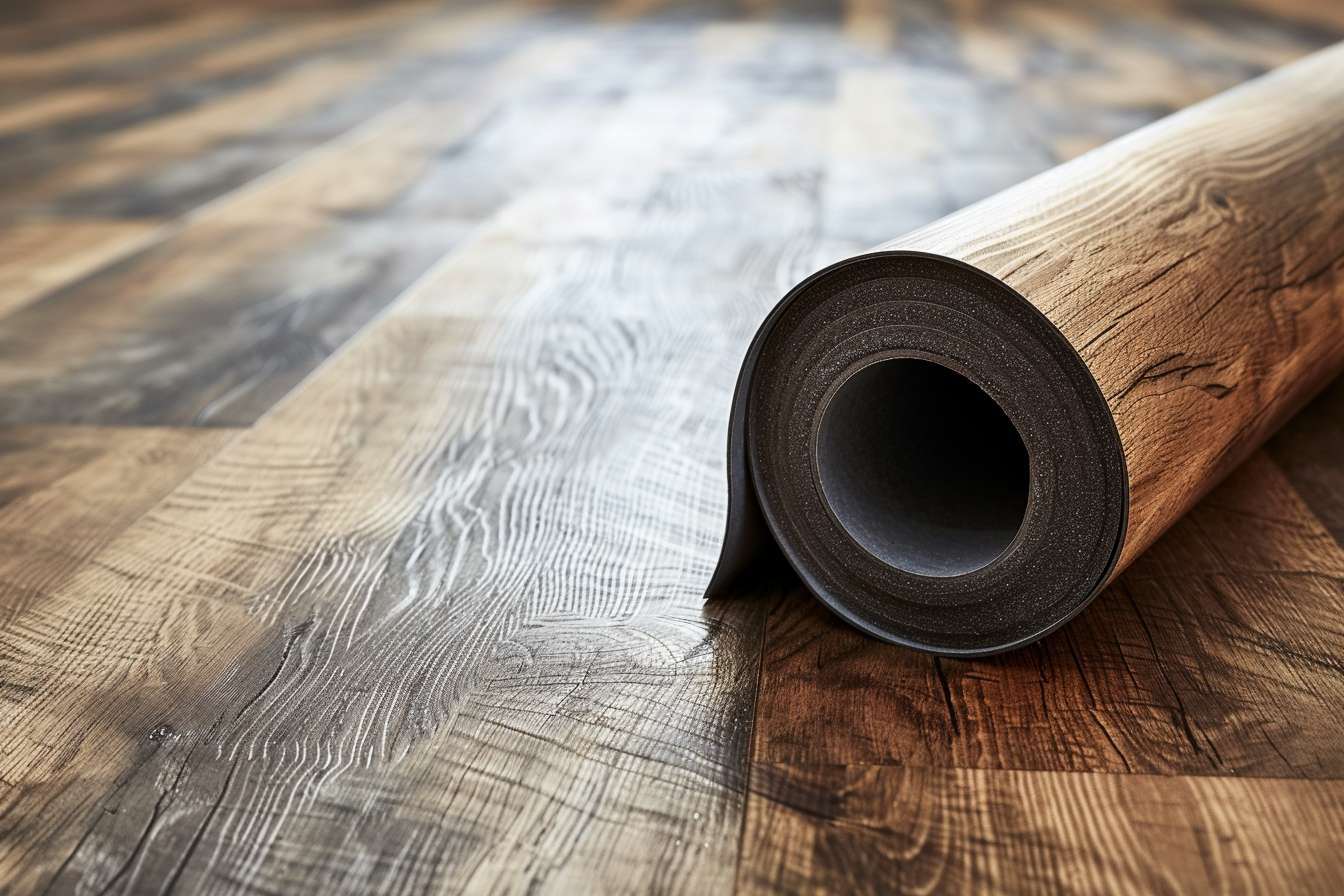Careers in Flooring: Roles, Skills, and Job Paths
The flooring field covers a wide range of hands-on roles inside construction trades and offers routes for people who enjoy physical work, technical skill and onsite problem solving. Whether you are exploring a first job, shifting from general construction, or considering carpentry specialisation, flooring work can combine steady demand with opportunities to learn specific installation, finishing, and repair techniques that matter for buildings worldwide.

What types of flooring jobs exist?
Flooring occupations include installers, finishers, estimators, and maintenance technicians. Installers fit materials such as hardwood, laminate, vinyl, tile, and carpet; finishers sand and coat wood floors; estimators prepare bids and scopes; and maintenance staff repair and refinish worn surfaces. Many companies also hire project coordinators who schedule crews and manage materials on larger construction projects. Entry-level roles often start as helper positions, progressing to lead installer or site supervisor with experience and certifications.
How does flooring fit within construction projects?
Flooring is a key phase in residential and commercial construction, often scheduled near the end of interior fit-out. Proper sequencing with subfloor preparation, moisture testing, and coordination with trades like plumbing or HVAC is essential to avoid delays. Flooring professionals commonly read plans, follow specifications, and work with suppliers to match performance requirements. Strong communication with general contractors and an understanding of construction timelines help flooring crews maintain quality and keep projects on schedule.
What carpentry skills apply to flooring work?
Carpentry skills transfer directly to many flooring tasks: measuring and layout, cutting and fastening, trim and molding installation, and subfloor repairs. Precision in squaring rooms, calculating board runs, and installing thresholds relies on carpentry fundamentals. For hardwood flooring specifically, skills in sanding, finishing, and adjusting for seasonal movement are valuable. Training in hand and power tools, safe lifting practices, and reading technical drawings strengthens a flooring worker’s ability to move from basic helper tasks to independent carpentry-related flooring jobs.
How to build a flooring career or advance on the job?
Advancement typically combines practical experience, formal training, and certifications. Apprenticeships or vocational programs teach material properties, adhesives, moisture control, and safety standards. Documenting completed projects, developing estimating skills, and learning scheduling software can lead to supervisory or business-owner roles. Networking with local services, suppliers, and contractors helps find consistent work. Some professionals specialise (e.g., restoration, luxury hardwood) or cross-train in related trades like tiling or trim carpentry to increase earning potential and job variety.
Where to find flooring jobs and local services?
Job openings appear through construction staffing agencies, trade unions, flooring supply stores, and contractor bulletin boards. For short-term work, local services and subcontractors often need skilled helpers during busy renovation seasons; for longer-term roles, look at construction companies, property managers, and commercial fit-out firms. Online job platforms list apprenticeships and certified installer roles, while trade associations and local vocational schools can point to training and employer partnerships. When searching, check project types and required certifications to match your skills with appropriate job listings.
A flooring job blends manual skill and technical knowledge within the broader construction environment, offering pathways from helper to specialist or manager. Success depends on mastering material-specific techniques, maintaining attention to detail, and coordinating effectively with other trades. For many workers, combining carpentry competence with on-the-job experience and targeted training opens stable career options in both residential and commercial work across different regions.
Flooring careers demand physical stamina, attention to safety, and a willingness to learn evolving materials and methods. With regularly scheduled projects and ongoing maintenance needs in the built environment, skilled flooring professionals remain an important part of construction teams and building services everywhere.






